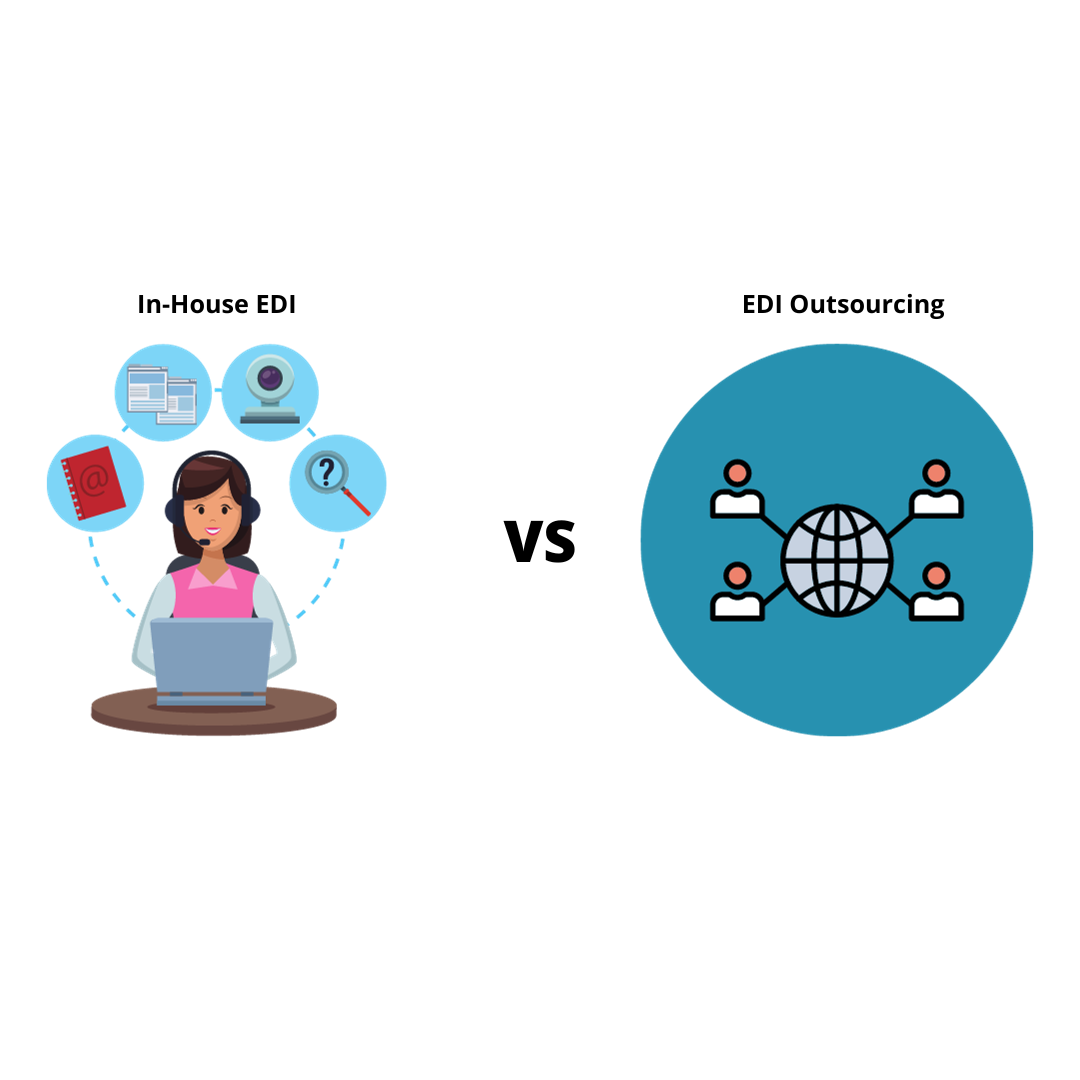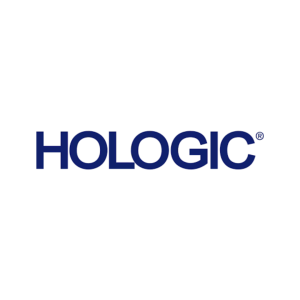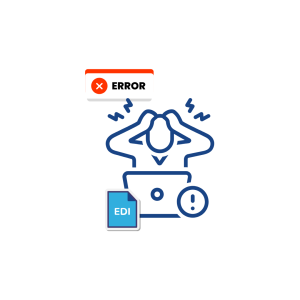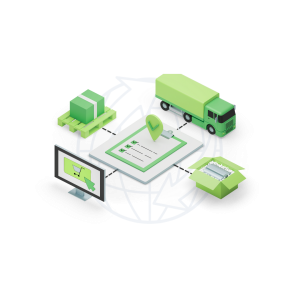In-house EDI vs EDI outsourcing – This is the question every company must answer at one or the other time regardless of business size or operations
What is In-House EDI?
In-house EDI solutions require companies to allocate space to build the EDI infrastructure this includes the installation of servers, mapping, and translation tools, specific data integration solutions, and communication services to manage the protocols for sending and receiving EDI transactions.
What is EDI Outsourcing?
EDI outsourcing is the process of having a third-party company like Commport Communications manage a part or entire process of using EDI to exchange data with trading partners. While businesses of many sizes use EDI outsourcing, the primary benefit is usually associated with smaller businesses.
In-House EDI | EDI Outsourcing |
Needs to build a hardware infrastructure | Existing reliable state-of-the-art infrastructure |
Translation and mapping software | Managed translation via cloud / SAAS platform |
Require continues learning | Decades of relevant industry experience |
Needs experienced staff and consultants | You will have 24/7 expert support |
Need to develop each data format from scratch | Unlimited data formats |
Can only support limited document types. Adding new document types is time-consuming | Endless document types |
Any given type can only support a few communication protocols. Adding new protocols needs experienced staff and skills | A wide array of communication protocols |
You are completely responsible for the maintenance of your infrastructure | You do not have to worry about infrastructure or technology. Your outsourcing firm handles all of that. |
In-house, EDI solution must be constantly monitored and needs to invest in manpower to do that | Outsourcing firms are experts in EDI solutions, so you do not have to be |
You need to handle your trading partner’s special requirements | A third-party outsourcing firm can handle your trading partners’ special requirements |
It’s difficult to enter new markets and territories | Increase business agility by giving you a means to quickly enter new markets and territories |
You need constantly upgrade your technology | Your outsourcing company will always have access to the latest technology |
You to develop each new solution on your own | Can provide multiple solutions under a single platform |
You need to perform ongoing maintenance | EDI provider handles the ongoing maintenance which includes upgrades, mapping changes, and trading partner requirement changes |
Require lots of IT resources | Reduces IT costs |
It May require manual data entry | Reduce manual data entry or you can 100% automate it |
Difficult to scale and add new trading partners | Easy to scale and add new trading partners. Integrates once to connect with anyone in the network |
Prone to human error | Human errors are eliminated |
Ongoing costs for licensing, certifications, resources, security and more | Pay only for what you use and scale up or down based on business demands |
Hosted on your own servers and hardware | Cloud based technology |
Conclusion
In the choice between In-House Electronic Data Interchange (EDI) and EDI Outsourcing, businesses must weigh factors such as expertise, cost, and resource allocation. In-house solutions provide control but demand significant investment, while EDI Outsourcing offers specialized services, allowing organizations to focus on core competencies. The decision depends on the specific needs, resources, and strategic goals of the business. Each approach has its merits, and the optimal choice aligns with the organization’s priorities and capabilities.
Ready to find out more about Commport EDI Solutions?
Need Help? Download: EDI Buyers Guide
Unlock the full potential of your supply chain with our comprehensive EDI Buyer's Guide — your first step towards seamless, efficient, and error-free transactions
Frequently Asked Questions
In-House EDI involves managing Electronic Data Interchange processes internally, using the organization’s own infrastructure and personnel to handle tasks such as data mapping, translation, and communication with trading partners.
In-House EDI offers businesses control over their EDI processes, customization to specific needs, and direct oversight of data security. It is suitable for organizations with the resources and expertise to manage EDI internally.
EDI Outsourcing involves contracting with a third-party service provider to handle EDI processes. These providers offer specialized expertise, infrastructure, and support for tasks such as data mapping, translation, and managing trading partner relationships.
EDI Outsourcing benefits businesses by providing access to specialized expertise, reducing the burden on internal resources, and often offering cost-effective solutions. It allows organizations to focus on core business functions while leveraging the skills of EDI professionals.
The decision between In-House EDI and EDI Outsourcing depends on factors like budget, internal expertise, scalability requirements, and the level of control desired. Organizations should evaluate their specific needs and resources to determine the most suitable approach.





